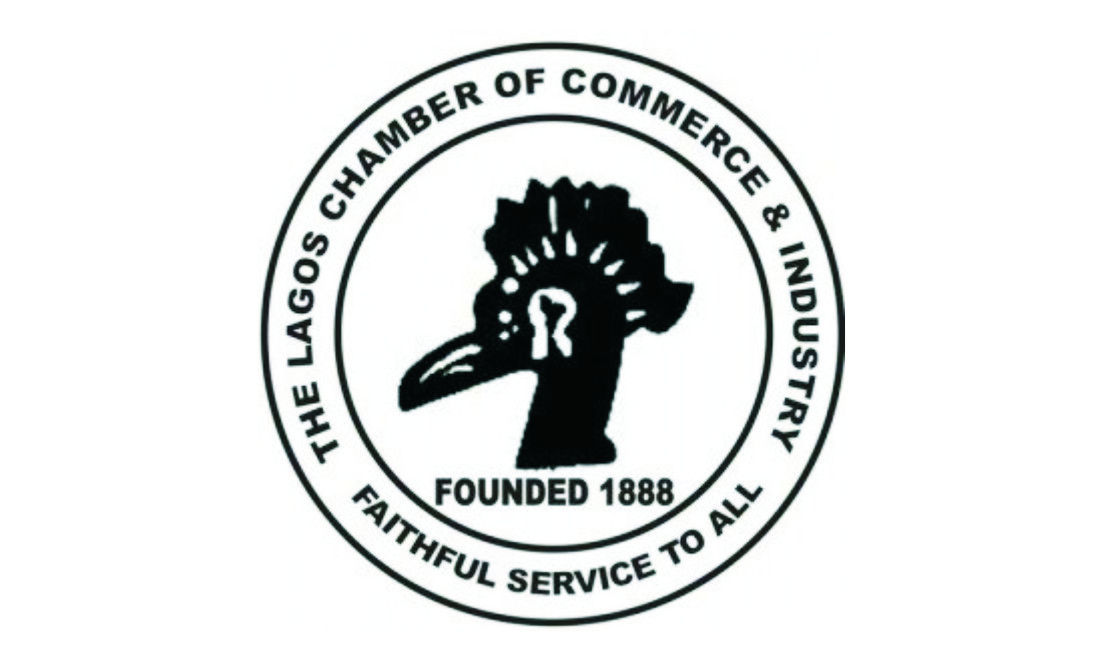Business
Nigeria’s Economy Still Vulnerable To Shocks – LCCI

The Lagos Chamber of Commerce and Industry (LCCI) has said that Nigeria’s economy is still vulnerable to external shocks due to fluctuations in global oil prices.
LCCI President, Mrs Toki Mobogunje, said this at a press conference on “State of the Nigerian Economy” held in Lagos, on Wednesday.
She said the mono-product nature of the economy would continue to expose the nation to volatility in the global oil market with its attendant consequences on the economy.
Mabogunje called on the Federal Government to intensify diversification efforts and embrace structural reforms to attract private investment and stimulate economic growth.
According to her, businesses still struggle to survive owing to multiplicity of levies, infrastructure challenges, sluggish growth, excessive regulation, high cost of credit and unfavourable government policies.
She said the challenges confronting growth of businesses had remained in spite of the country’s upward movement by 15 places in the ease of doing business ranking.
The LCCI president advised government to vigorously implement friendly policies to support expansion of businesses.
Speaking on inflation, Mabogunje advised the government to stem rising consumer prices through increased investment in infrastructure, especially power and transportation.
“The inflation rate, at 11.98 per cent in December, was the fourth consecutive month of rising inflation. Rising inflation has a profound welfare effect on citizens as it weakens purchasing power, as heightened food inflation naturally escalates poverty conditions.
“Policy makers need to worry about the increasingly intense inflationary conditions, especially the food component of inflation,” she said.
This, Mabogunje said, would help bridge the supply gaps and reduce transportation costs.
On foreign exchange and external reserves, she said the approach of supporting the reserves with foreign portfolio investment was unsustainable.
The LCCI president said there will be problems if portfolio investors develope apathy for Nigerian assets.
She also noted that the current security situation in the country had devastating implications for business activities, economic growth, food production and investment.
Mabogunje urged government to ensure a concrete and sustainable means of reducing youth unemployment by stimulating investment across all sectors of the economy.
Transport
Automated Points Concession : FAAN Workers Gave 72hrs To Revise Decisions In PH

Transport
FAAN Announces Pick-Up Points for Go-Cashless Cards

Business
Fidelity Bank To Empower Women With Sustainable Entrepreneurship Skills, HAP2.0
-
Politics3 days ago
2027: NIGERIANS FAULT INEC ON DIGITAL MEMBERSHIP REGISTER DIRECTIVE
-

 Environment3 days ago
Environment3 days agoLAWMA Director Says Sweeping Reforms Have Improved Waste Collection
-
Politics3 days ago
LP Crisis: Ex-NWC Member Dumps Dumps Abure Faction
-

 Politics3 days ago
Politics3 days agoUmahi Dismisses Allegations On Social Media, Insists On Projects Delivery
-

 Sports3 days ago
Sports3 days agoAbia Not Sure To Secure continental Ticket
-
Politics3 days ago
NATASHA ELECTRIC VEHICLES INITIATIVE IN KOGI CENTRAL
-
Sports3 days ago
La Liga: Yamal Records First Career Hat-trick
-
Politics3 days ago
IT’S A LIE, G-5 GOVS DIDN’T WIN ELECTION FOR TINUBU – SOWUNMI

